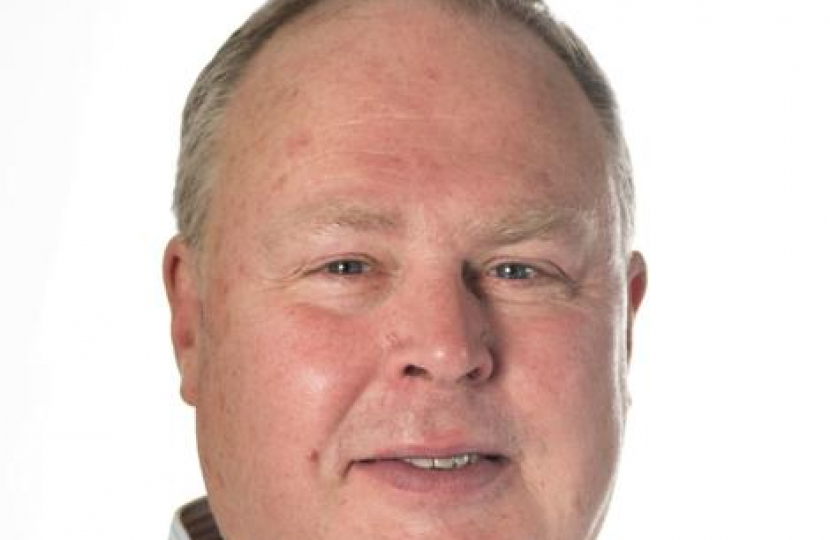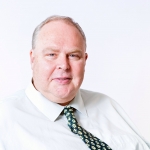
A column by Councillor Richard Smith, Cabinet Member for Economic Development, Transport Strategy and Waste
Are you looking to live more sustainably and save some money in 2024?
You may find some inspiration in a new campaign from the charity Keep Britain Tidy this January called Buy Nothing New Month. The campaign challenges us to avoid new clothing, electronics, furniture, and other items that contribute to the cycle of production, consumption, and disposal.
Of course, there are some caveats to this challenge. We all have some essential purchases we must make, such as food and medicines, so we may not be able to abstain completely from buying new items. Equally, we must not discount the excellent and innovative efforts by many Suffolk businesses to operate sustainably, to reduce waste and to source materials responsibly. These businesses will always deserve our support.
However, the campaign does encourage us to be mindful of how we consume – to make intentional purchases. It is a chance to reflect on your purchasing habits and to think about the benefits of buying pre-loved items, borrowing and swapping, and reusing or repairing products that we already own.
As Cabinet Member for Waste at Suffolk County Council, I know only too well the common, linear lifecycle of things – they are made, used, and then discarded. Yes, it is good that many of the things we use can be recycled, but better still is to extend the lifespan of existing products. What if we reused and regenerated products and materials rather than making something new? This would support a circular economy in which items do not become waste when we’re finished with them.
The further good news is that, not only does reducing the number of items we buy new reduce our environmental impact, but it is also usually easier on our wallets!
So, what are the alternatives to buying new?
The first and easiest thing you can do is to use what you already own. Have a look in your cupboards and loft. You may be surprised at the useful things you find that could be repurposed. For example, rather than shopping the January sales for new outfits, could you “shop your wardrobe” and revive items of clothing you haven’t worn for a while?
You may find that some items need some repair. Fortunately, there are tutorials online for how to repair all kinds of things – but for those occasions when you need a helping hand, there are a number of Repair Café events happening around Suffolk this January and throughout the year. These community-run groups are free to attend and a great way to meet people who can help you fix your broken items. Visit suffolkrecycling.org.uk to learn where to find your nearest Repair Café.
You can also visit the Re-use Shops at Foxhall and Bury St Edmunds Recycling Centres and give a product a new lease of life. A range of items are available for purchase, including small furniture, toys, garden equipment, power tools, electronics, bicycles, bric-a-brac and homewares. You can also donate your own reusable items. The added benefit is that the Re-use Shops raise funds for The Benjamin Foundation, a charity that works with young people and families in need of support across Suffolk. And, of course, there are also local charity shops on our high streets offering many second-hand items for sale.
You can also arrange to swap or borrow items with friends and neighbours. Perhaps you need something to complete a DIY job around the house. Rather than buying a new tool or piece of equipment, could you borrow it from someone in your community? There are also apps, such as OLIO, which help you find things available to borrow locally.
So, while it may not be a one-size-fits-all resolution, campaigns such as this are helpful in challenging us to think about whether we need to buy an item new and what value we place on the things we own already.


